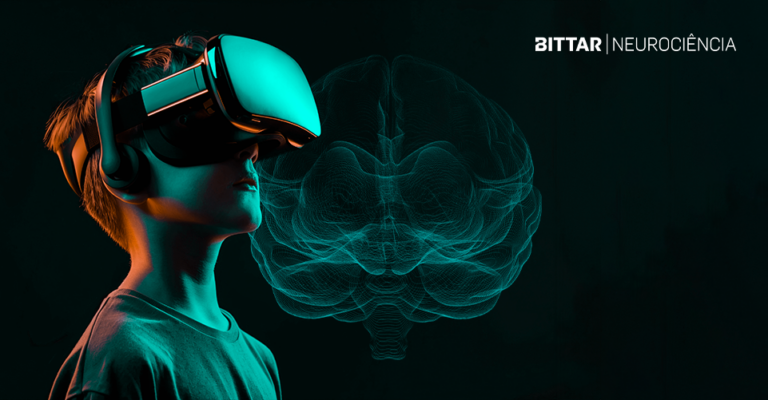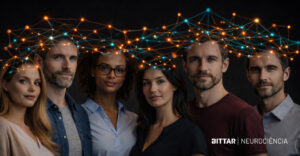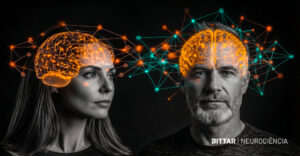Study Reveals How Virtual Reality-Based Education Has Outperformed Distance Learning (EaD) and Even In-Person Teaching in Various Evaluated Aspects
The quality of formal education poses a challenge in many countries, including Brazil. Data from the 2022 Programme for International Student Assessment (PISA) show that the country ranks 65th in Mathematics, 52nd in Reading, and 62nd in Science, among 81 nations surveyed.
This is also true for vocational education and corporate training. The lack of efficient teaching and learning methodologies and resources is a common issue, regardless of the country or field of knowledge.
The expansion of Distance Learning (EaD) leads to new challenges. While it makes education more accessible, retaining student engagement and attention becomes a challenge in its own right. In this context, Virtual Reality emerges as a promising solution. A study by PricewaterhouseCoopers (PwC), a multinational consulting firm, showed that Virtual Reality can offer superior learning outcomes compared to traditional Distance Learning and even in-person teaching.
In addition to developing technical skills (hard skills), Virtual Reality can also enhance personal skills (soft skills) such as leadership and resilience. Students who took part in Virtual Reality training completed the program four times faster than in traditional classrooms. They were able to also apply the skills learned in training with a 275% increase in confidence. Additionally, students experienced a 3.75-fold increase in emotional engagement with the material compared to those in in-person classes. Lastly, they had four times greater focus than EaD students.
These results suggest that Virtual Reality can address the challenges of EaD and education in general, providing a more immersive and effective learning environment. We are faced with an opportunity to transform education, using Virtual Reality to bridge gaps in attention, focus, and interest. Join us on this journey toward innovation in teaching and learning!




